[et_pb_section fb_built=”1″ admin_label=”section” _builder_version=”3.22″ global_colors_info=”{}”][et_pb_row admin_label=”row” _builder_version=”3.25″ background_size=”initial” background_position=”top_left” background_repeat=”repeat” global_colors_info=”{}”][et_pb_column type=”4_4″ _builder_version=”3.25″ custom_padding=”|||” global_colors_info=”{}” custom_padding__hover=”|||”][et_pb_text admin_label=”Text” _builder_version=”4.14.8″ background_size=”initial” background_position=”top_left” background_repeat=”repeat” hover_enabled=”0″ global_colors_info=”{}” sticky_enabled=”0″]
Car Insurance in Miami
All consumers are required to carry auto insurance in Miami, as well as in the state of Florida. L and C Insurance sells a variety of insurance products through 16 Miami auto insurance companies.
Consumers in the market need to know that the bare minimum car insurance requirement for Florida drivers is:
- $10,000 bodily injury per person per accident
- $20,000 bodily injury for all persons per accident
- $10,000 property damage liability
- $10,000 personal injury protection
Drivers in Miami, FL are required by law to have proof of insurance in the car and present it upon request to law enforcement. Failure to provide that proof can result in fines up to $500 and a license suspension of up to three years. If a driver is involved in an accident without insurance and found to be at fault, they can be held liable for all costs associated with the other driver’s bodily and property injuries and driving privileges can be suspended until those damages are paid.
L and C Insurance providers enjoys a unique position in the Miami marketplace, providing customers with some of Florida’s most affordable and personalized agent-driven service. L and C insurance providers sells a variety of insurance products through 16 Miami auto insurance companies
Miami Automobile Insurance Discounts and Benefits
L and C Insurance providers already offers some of the lowest insurance rates available. You could save even more with the many discounts available, too!
About Miami, Florida
Florida is a driver’s haven…with its year-round sunny skies (interrupted by the occasional summer squall) and through amazing places to see like ocean-side drives and the wetlands of Everglades National Park, from the winding roads of the panhandle to the span of the overseas highway and 7-Mile Bridge to the Keys.
The city of Miami is the heart of Florida’s diverse population, from an amazing nightlife to beautiful architecture, it is the most popular tourist destination not called Orlando. Miami is the fourth largest urban area in the United States and an international center for finance, commerce, culture, entertainment, media and international trade.
By day, the city beckons visitors to enjoy its beaches and world renowned cuisine. Once the sun goes down, the South Beach area becomes a non-stop party with loud and colorful night spots and restaurants that appeal to a wide array of tourists and locals alike. Miami is especially well-known for its Cuban cuisine, owing to the large population of Cuban emigres. Miami is one of the 10 cities with a team in each of the major leagues, including the Dolphins (NFL), Marlins (MLB), Heat (NBA and Panthers (NHL). The city also boasts the nationally known University of Miami as well as a number of other universities, colleges and other institutes of higher learning.
What is the average cost of car insurance in Miami?
The average cost of car insurance in Miami is $2,428 per year per year according to thezebra.com.2 That’s 56.5% higher than the national average. Of course, your auto insurance cost will depend on many different factors including your age, where you live, and your driving history.
Some people get the bare minimum coverage, while others prefer the comfort and security of more protection. L and C Insurance providers customizes your Miami auto insurance, so you only pay for what you need.
[/et_pb_text][/et_pb_column][/et_pb_row][/et_pb_section]
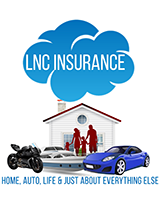
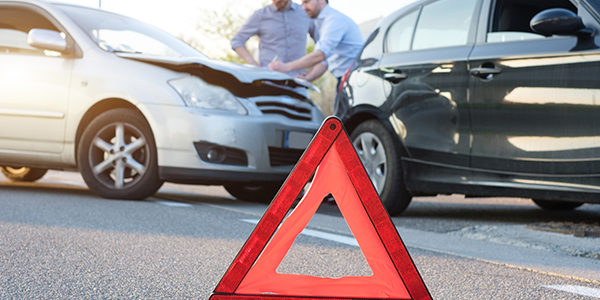
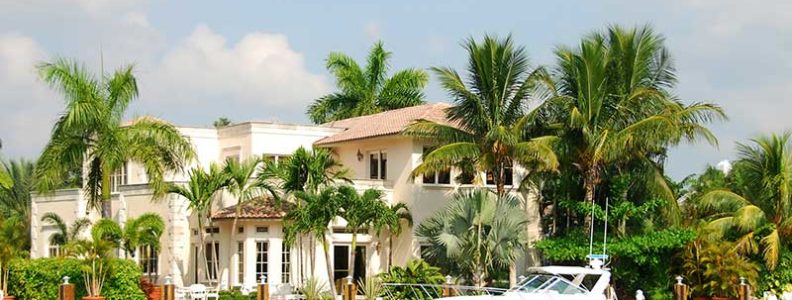
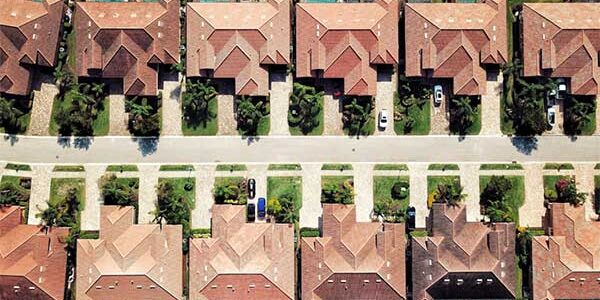
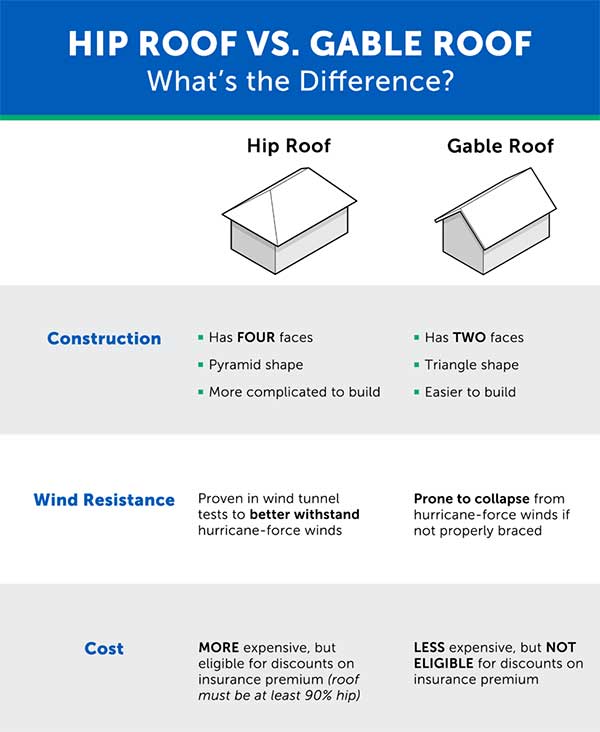

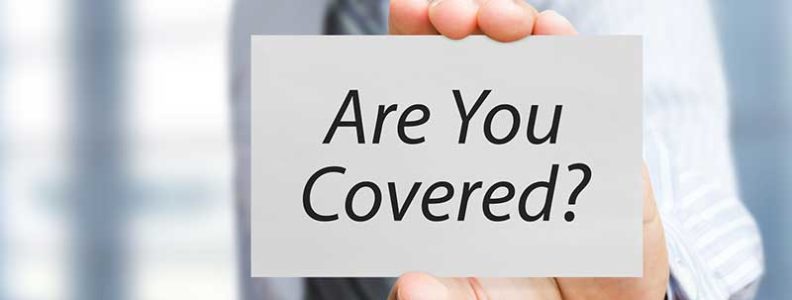
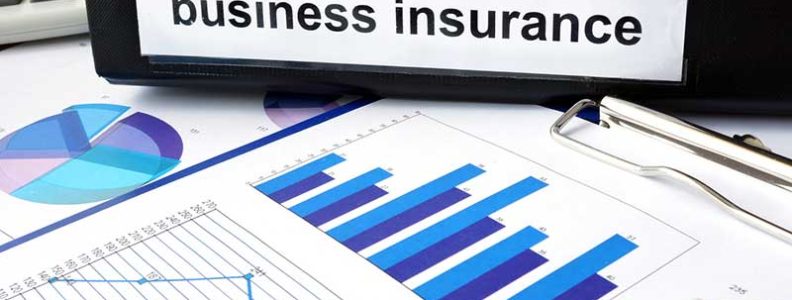
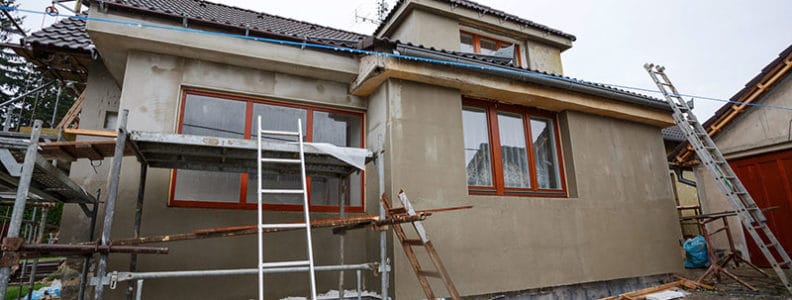

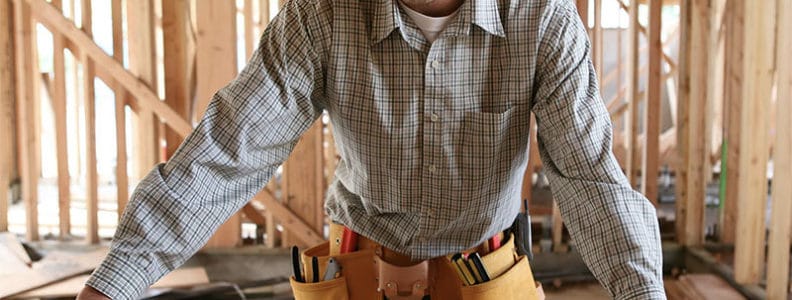
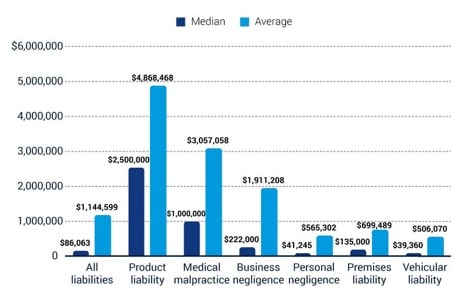 Over the past few years, businesses have come under increasing pressure to trim their running expenses in order to stay afloat. Companies can look for savings in a variety of ways and unfortunately, sometimes may decide to take a gamble on the inherent foundation of their business investment: Florida BOP Insurance
Over the past few years, businesses have come under increasing pressure to trim their running expenses in order to stay afloat. Companies can look for savings in a variety of ways and unfortunately, sometimes may decide to take a gamble on the inherent foundation of their business investment: Florida BOP Insurance